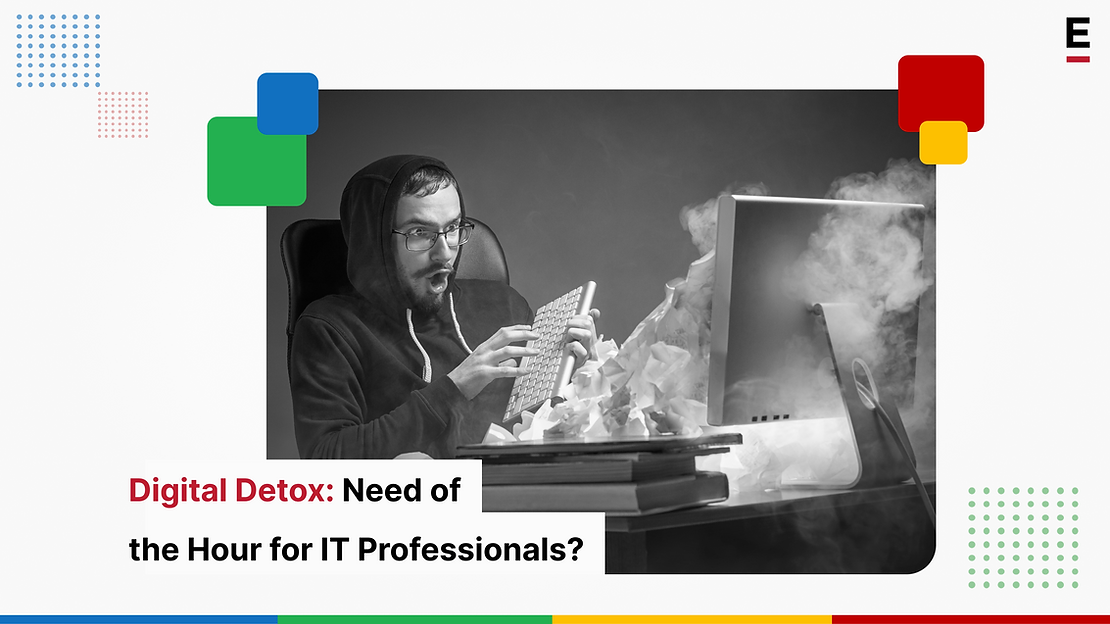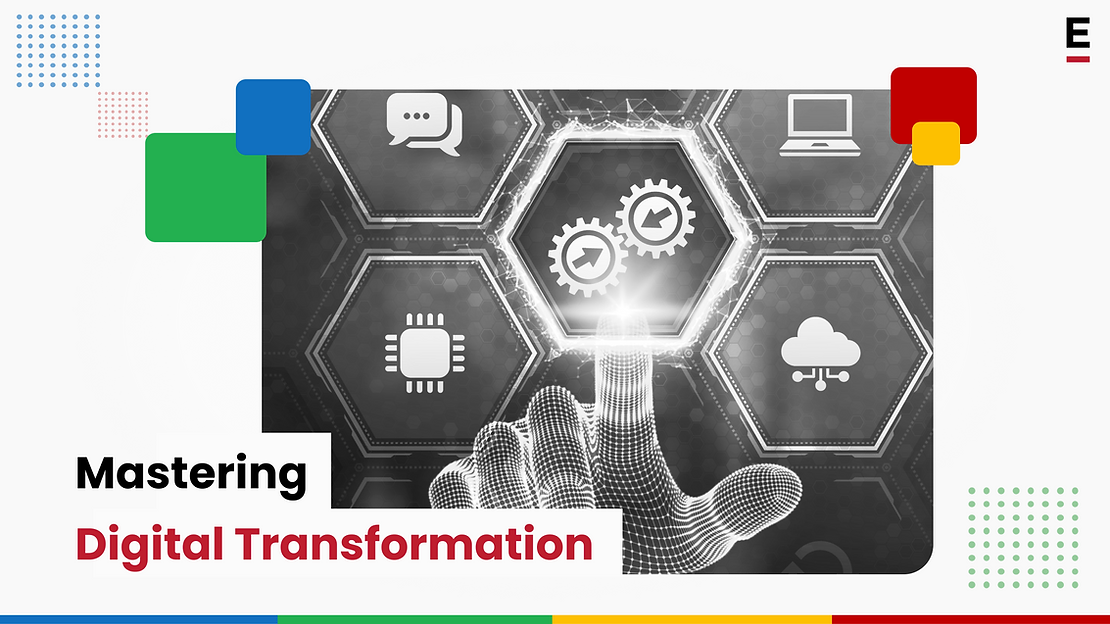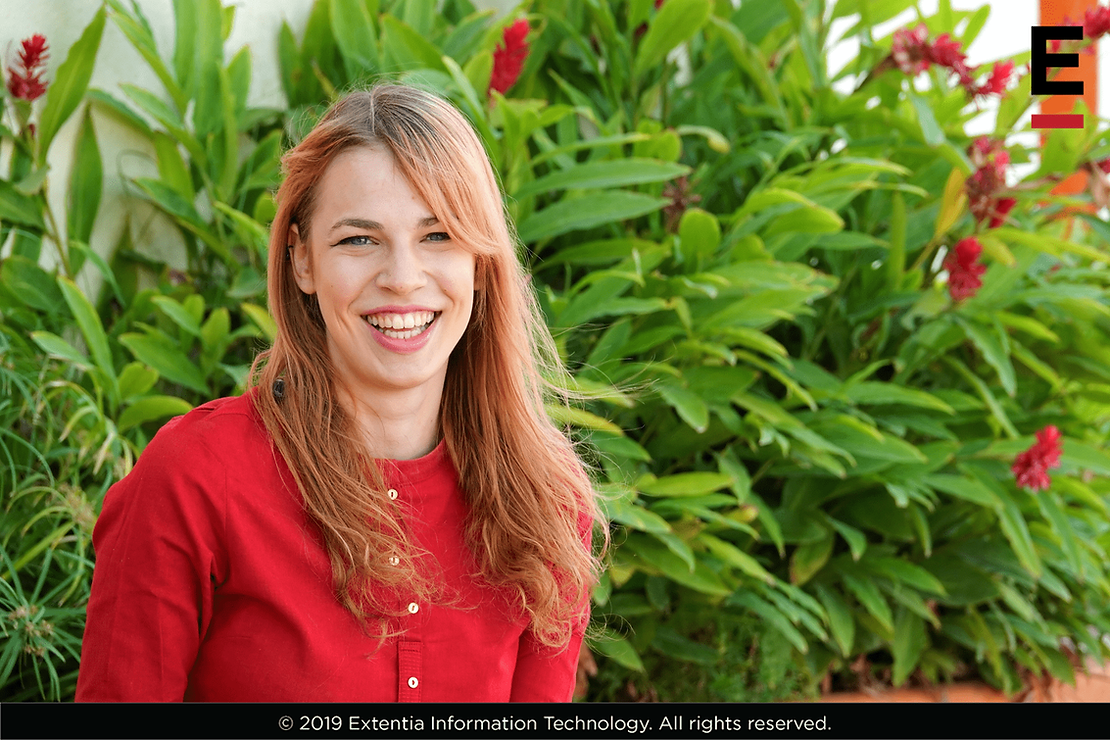In the dynamic and demanding Information Technology (IT) field, professionals navigate a challenging landscape where meeting timelines, delivering top-quality work, and taking on multifaceted roles are integral to success. The life of an IT professional is characterized by constant adaptation to evolving technologies, troubleshooting complex issues, and the perpetual pursuit of excellence. Beyond their primary responsibilities, these professionals often assume additional roles—becoming architects of innovation, problem solvers, and driving forces behind digital transformation. The job demands an unparalleled commitment to excellence, leaving little room for downtime. However, amidst all that, there exists a critical yet often overlooked need for IT professionals to step back, unplug, and take time off from the relentless demands of their work.
Moreover, the recent shifts in work dynamics, particularly the prevalence of Work-From-Home (WFH) and hybrid models, have further blurred the lines between personal and professional life for IT professionals. According to Upwork, by 2025, an estimated 32.6 million Americans will be working remotely, which equates to about 22% of the workforce. This projection suggests a continuous, yet gradual, shift towards remote work arrangements. Clearly, the paradoxical need for a digital detox becomes apparent in this demanding landscape. The following exploration into the facets of a digital detox for IT professionals will delve into why it is not just a luxury but a strategic imperative for those navigating the intricate challenges of the IT world.
What Is a Digital Detox?
In a world dominated by smartphones, laptops, and smart devices, a digital detox is a deliberate and mindful break from the relentless onslaught of screens. It involves reducing or eliminating electronic gadgets for a designated period, allowing individuals to disconnect, recharge, and recalibrate. The aim is not to reject technology but to balance the digital and the physical world.
A digital detox for an IT professional represents a deliberate departure from the digital landscape that defines daily work. IT professionals often immerse themselves in an uninterrupted stream of screens and information, and a digital detox, tailored to their unique challenges, involves establishing clear boundaries between work and personal life. This may manifest in scheduled screen breaks, allowing IT professionals to step away, recalibrate, and alleviate the strain on their eyes and mental faculties. Moreover, it extends to designated “tech-free” time, creating intervals where they consciously detach from all digital devices, fostering mental rejuvenation and a renewed focus upon return.
Central to the digital detox for IT professionals is the intentional limitation of social media and non-essential apps. Recognizing the potential for these platforms to contribute to digital clutter and distractions, the detox involves a strategic reduction in their usage. Furthermore, embracing analog activities becomes paramount – a departure from the virtual world into the tangible. Engaging in hobbies, reading physical books, or spending time outdoors without the constant hum of digital devices enables IT professionals to rediscover the pleasures of non-digital pursuits. These intentional breaks also align with the principles of digital minimalism, encouraging IT professionals to streamline their digital environments and workflows for more purposeful engagement. Ultimately, a digital detox is a nuanced approach acknowledging the symbiotic relationship between IT professionals and technology. It aims not for complete abstinence but for mindful and intentional usage that contributes positively to their professional and personal well-being.
Why Do You Need a Digital Detox?
The very nature of IT jobs demands constant connectivity, creating a dynamic where work seamlessly intertwines with personal life. The pressure to meet deadlines and solve intricate problems in a rapidly evolving field can lead to burnout, stress, and diminished mental health. Some of the Digital detox facts for IT professionals below emphasize the impact of prolonged digital engagement on their well-being and productivity.
Screen Addiction is Real
Studies have shown that IT professionals immersed in the digital world are susceptible to screen addiction. Excessive screen time can lead to addictive behaviors, affecting personal and professional life. Recognizing and addressing this addiction is essential for overall well-being.
Digital Overload and Productivity
Contrary to the belief that constant digital engagement enhances productivity, studies suggest it can lead to decreased efficiency. The relentless exposure to screens can result in increased stress and cognitive fatigue, ultimately hindering optimal performance. A well-executed digital detox can contribute to improved focus and productivity.
Impact on Mental Health
Research indicates a correlation between excessive social media use and higher levels of depression and anxiety. IT professionals, often engaged in virtual collaboration and communication, are susceptible to the mental health implications of digital overload. A digital detox allows them to break free from the comparison trap and focus on real-world experiences, promoting better mental health.
Digital Eye Strain and Physical Health
Extended screen time contributes to digital eye strain, headaches, and musculoskeletal issues. IT professionals, spending substantial hours in front of monitors, are prone to these physical ailments. A digital detox provides an essential break from the sedentary routine, enabling individuals to engage in physical activities and alleviate the physical strains associated with prolonged screen use.
Sleep Disruption
The blue light emitted by screens disrupts circadian rhythms, making it challenging for IT professionals to achieve quality sleep. Sleep is crucial for overall well-being, affecting mood, cognitive function, and productivity. A digital detox, particularly before bedtime, aids in better sleep quality and contributes to overall health.
Reduced Efficiency Due to Multitasking
The nature of IT work often involves multitasking across multiple screens and applications. However, research suggests that multitasking can decrease efficiency and increase errors. A digital detox encourages a more focused and intentional approach to tasks, improving efficiency and reducing the cognitive load.
Dependency on Notifications
IT professionals, constantly connected to work through notifications, may develop a dependency on immediate responses. This dependency can contribute to heightened stress levels. Implementing a digital detox involves,
- Setting boundaries.
- Turning off non-essential notifications.
- Reclaiming control over one’s time and attention.
Digital Clutter and Cognitive Overload
The continuous influx of information, emails, and notifications can lead to digital clutter and cognitive overload. IT professionals may find it challenging to prioritize and process information effectively. A digital detox, coupled with principles of digital minimalism, helps declutter digital spaces and promote a more streamlined and focused digital environment.
By incorporating periodic breaks and adopting mindful digital practices, IT professionals can mitigate the adverse effects of digital overload and maintain a healthier work-life balance.
What Are the Benefits of Following a Digital Detox Regimen?
Following a digital detox routine can bring a multitude of benefits for IT professionals, helping to address the unique challenges they face in a technology-driven work environment,
Enhanced Mental Clarity
Disconnecting from constant digital stimuli provides IT professionals with a mental reset. It allows them to clear mental clutter, reduce information overload, and regain focus. This enhanced mental clarity contributes to improved decision-making, problem-solving, and overall cognitive function.
Improved Productivity and Efficiency
A well-executed digital detox helps break the cycle of constant connectivity, reducing stress and cognitive fatigue. By stepping back from the demands of screens, IT professionals can return to their tasks with renewed energy and concentration, leading to improved productivity and efficiency.
Better Work-Life Balance
IT professionals often find establishing clear boundaries between work and personal life challenging. Engaging in a digital detox promotes a healthier work-life balance by creating intentional breaks from work-related digital engagement. This separation contributes to reduced stress and burnout.
Physical Well-Being
Prolonged screen time can contribute to physical ailments such as eye strain, headaches, and musculoskeletal issues. A digital detox allows IT professionals to break free from the sedentary routine, engage in physical activities, and alleviate the physical strains associated with prolonged screen use.
Enhanced Sleep Quality
The blue light emitted by screens can disrupt circadian rhythms, impacting sleep quality. Disconnecting from digital devices before bedtime, as part of a digital detox routine, contributes to better sleep quality. Improved sleep has a positive cascading effect on mood, cognitive function, and overall well-being.
Reduced Stress and Anxiety
Constant connectivity and the pressure to stay updated can contribute to heightened stress and anxiety levels among IT professionals. Taking intentional breaks through a digital detox allows for moments of relaxation, reducing the overall stress load and promoting mental well-being.
Increased Creativity and Innovation
Stepping away from the routine of screens and digital tasks opens up mental space for creativity and innovation. IT professionals may find that a digital detox sparks fresh ideas, allowing them to approach challenges with a renewed perspective and a more innovative mindset.
Personal Reflection and Goal Setting
A digital detox provides an opportunity for IT professionals to engage in personal reflection. It allows them to assess their professional and personal goals without the constant influence of digital distractions. This self-reflection can lead to greater clarity about aspirations and priorities.
Improved Interpersonal Relationships
Constant digital engagement can sometimes hinder meaningful face-to-face interactions. A digital detox encourages IT professionals to invest time in building and nurturing interpersonal relationships, fostering a more connected and supportive professional and personal network.
Long-term Career Sustainability
By incorporating regular digital detox practices, IT professionals can contribute to the sustainability of their long-term careers. Preventing burnout, maintaining mental and physical well-being, and ensuring a healthy work-life balance are crucial elements for sustained excellence in the dynamic IT landscape.
A digital detox offers a range of benefits that extend beyond immediate well-being, positively influencing various aspects of an IT professional’s personal and professional life. By recognizing the importance of balance and intentional disconnection, IT professionals can optimize their overall effectiveness and resilience in the ever-evolving field of information technology.
The following blog post will guide how IT professionals can start their digital detox journey. Stay tuned!




